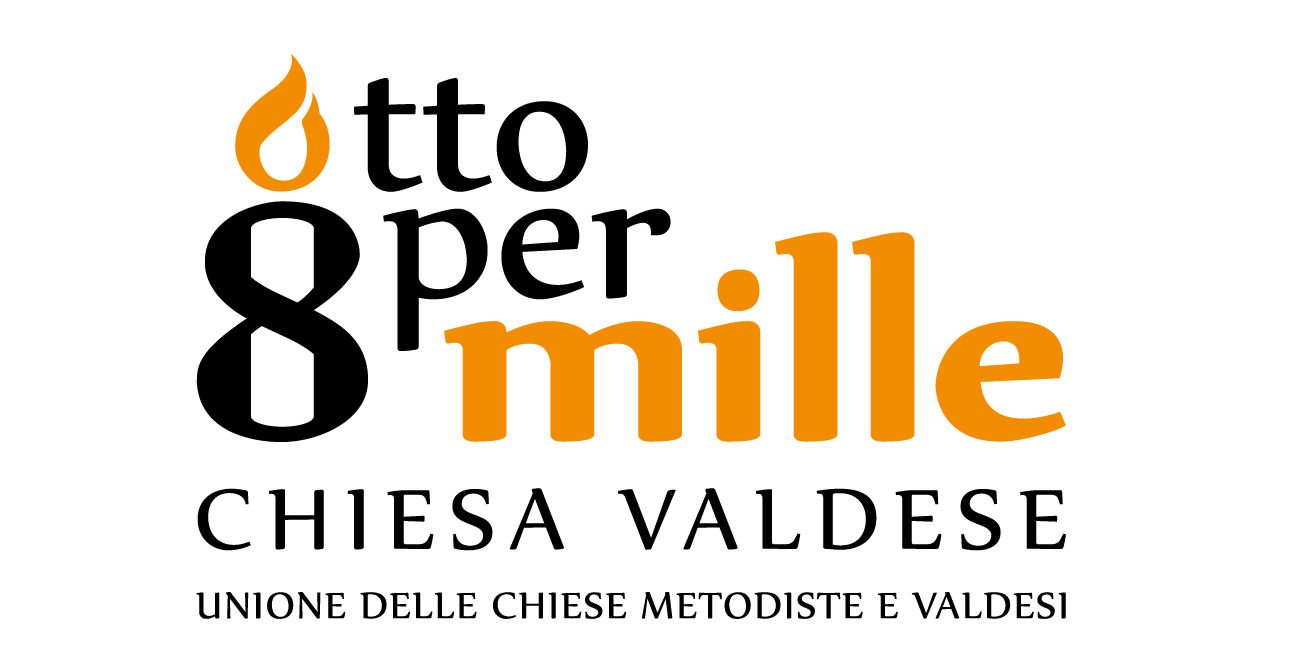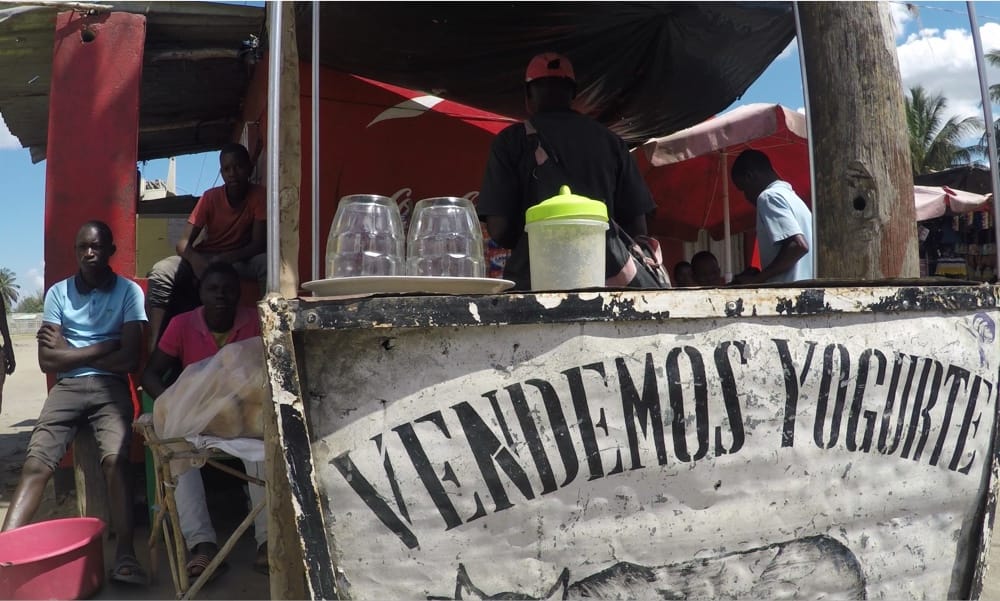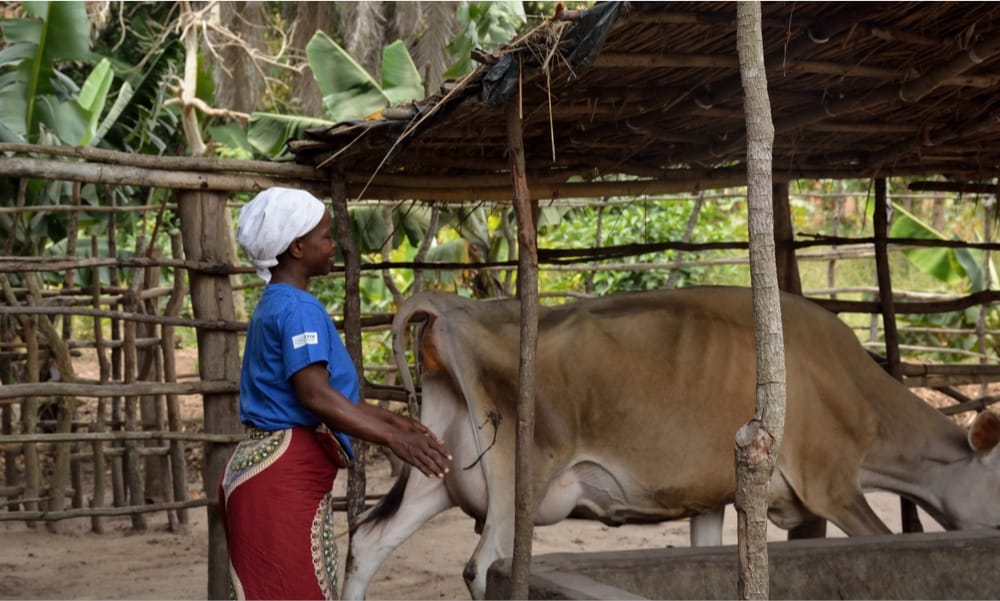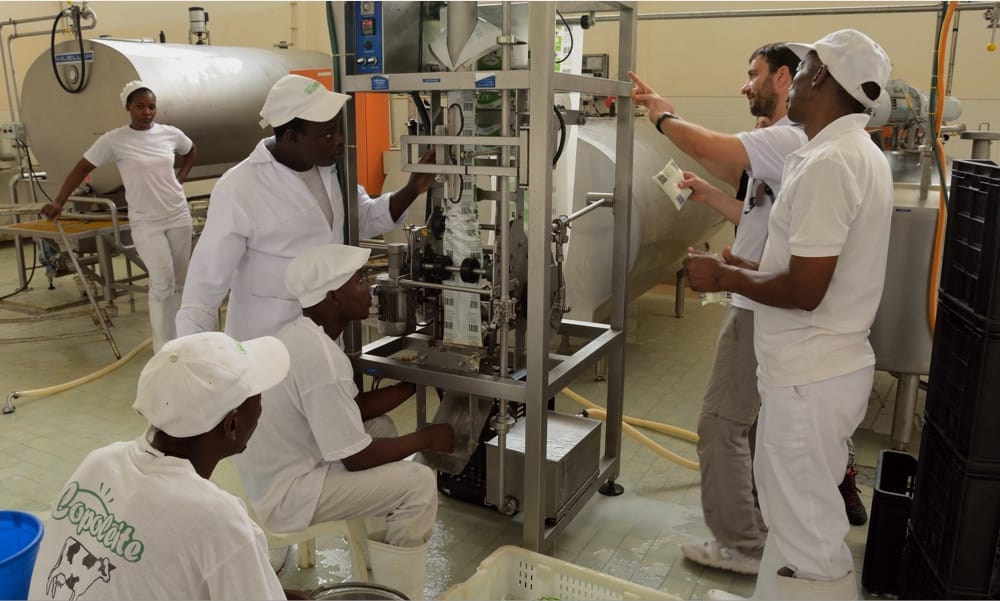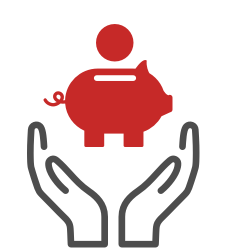The context and our objective
CEFA works in the Mozambican countryside with the rural communities. Mozambique is struggling to reborn, especially because of the damages caused by the long civil war. We are developing a livestock of milk cow and a sustainable dairy to product milk, yogurt and cheese. It stems from the small local communities but it aims to invest the consumers of the city.
Our intervention
The project main goal is the sustainability of the proposed activities. A process of formation will be guaranteed to the technicians involved in the project, which will allow them to improve their skills. For the technical formation, we are going to use some methods already tested. For the traineeship concerning the breeding and agronomic technique, we are going to rely on the aid of Farmer Field School method. This will make the transfer of the info more clear, on the base of a comparing system of different approaches.
The project also wants to create a real community, in which the beneficiaries of each activity (breeders, farmers, women and teachers) may feel part of it. The scope is to reduce the social inequalities and involve all the men in activities considered limited to women, such as house management and meal preparation.
The creation of cohesive communities will allow carrying out the same activities. The Boer bean and milk, thanks to the market, may have a great potential. Both supply chains possess a sufficiently developed market and a good demand. The Boer bean is valued for exportation channels, whereas milk and yogurt possess great domestic demand. Thanks to the marketing committees, supporting both the unions and associations of farmers, negotiation processes would be improved guaranteeing a better access to the market. The project promotes the use of agrarian systems with low environmental impact, based on crop alternation and on the protection of the soil fertility. In fact, we are going to promote the variation and combination of cereals and legumes, in order to keep the soil fertile and improve the availability of organic materials. Great attention will be paid when selecting forage types, promoting the use of the local ones, which suit the Mozambican climate. We are going to promote a production system with law environmental impact in the milk unit heads as well.
Watch the Gallery

